What is the difference between a cord, cable, and wire
 Oct 28,2023
Oct 28,2023

 Red Banner Electrician
Red Banner Electrician
When the quest is for the apt electrical components aligning with your business requisites, the essence of a trustworthy supplier who can furnish premier products at economical rates is undeniable. At RedBanner Electrician Sales, our expansive assortment of electrical components, encompassing cables and wiring, is tailored to fortify the uninterrupted flow of your operations.
In the electric and electronic world, the terms cord, cable, and wire are often used interchangeably. However, upon closer inspection, there are clear distinctions among them. Understanding these differences is crucial for professionals and enthusiasts alike, to ensure safe and effective installations and repairs.
We know that having a full understanding of the product you're looking for can prevent future headaches. That's why today, we are poised to elucidate a straightforward yet oft-confused query: What delineates a cord, a cable, and a wire?
Definition
- Wire: A wire is a single conductor material, usually made of copper or aluminum, that is capable of conducting electricity. The core part of a wire is known as the conductor, which is often surrounded by an insulating material to prevent electric shock and maintain the integrity of the current flow.
- Cable: A cable, on the other hand, is a collection of wires, bound together and encased in a common insulating material. This arrangement allows multiple electric currents to be carried simultaneously, catering to complex circuitry and connections.
- Cord: A cord is a specific type of cable that comes with connectors at one or both ends. Cords are designed to connect electrical devices to the power source, making them a common sight in household and industrial applications.
Usage
- Wire: Wires find their application in a myriad of settings including residential, commercial, and industrial electrical systems. They form the backbone of electrical circuits, connecting various components and ensuring a smooth flow of electricity.
- Cable: Cables are used in more complex electrical or electronic setups, including telecommunications, networking, and power transmission systems. They are favored for their ability to bundle multiple connections in a neat, organized, and protected manner.
- Cord: Cords are primarily used to power appliances and devices. Their plug-and-play nature makes them a convenient choice for everyday use.
Materials and Construction
- Wire: The material of a wire's conductor and its gauge significantly affect its electrical conductivity, resistance, and overall performance. The insulating material, usually made of rubber or plastic, provides a safeguard against electric shocks and interference.
- Cable: The construction of a cable is more complex as it houses multiple wires. The common insulating material not only provides electrical insulation but also adds a layer of protection against external damages.
- Cord: Cords, like cables, have an outer insulation, but they also come with connectors that are designed to fit into electrical outlets and devices. The construction of a cord is aimed at providing a convenient and safe means of delivering power.
Application
- Wire: Found in a variety of electrical and electronic systems.
- Cable: Used in permanent or semi-permanent installations.
- Cord: Ideal for temporary or portable applications.
Conclusion
In summary, while wires, cables, and cords may seem similar, their differences are pivotal. It's essential to choose the right type of wire, cable, or cord for the task at hand, considering factors like the electrical load, the environment, and the local electrical codes. Incorrect usage could lead to inefficiencies, electrical fires, or other hazards.
Wires are single conductors, cables are groups of wires, and cords are flexible cables designed for temporary use.
Recognizing these distinctions is the first step towards smarter, safer electrical practices.
If you're in need of electrical parts, look no further than Redbanner Electrician Sales. Our extensive selection of cords, cables, and wiring, along with our commitment to quality and customer satisfaction, make us your one-stop-shop for all your electrical needs. Our website is updated daily with new electrical products, so you'll always find the latest and greatest items. Come visit us today and see why we're the preferred supplier for many businesses across different industries. Our friendly team is always ready to help you find the right parts for your applications and ensure you have a seamless shopping experience.


 HOME
HOME Top 10 Flexible Cable Brands: Spotlight on Redbanner Electrician Cable & More!
Top 10 Flexible Cable Brands: Spotlight on Redbanner Electrician Cable & More!  You May Also Like
You May Also Like
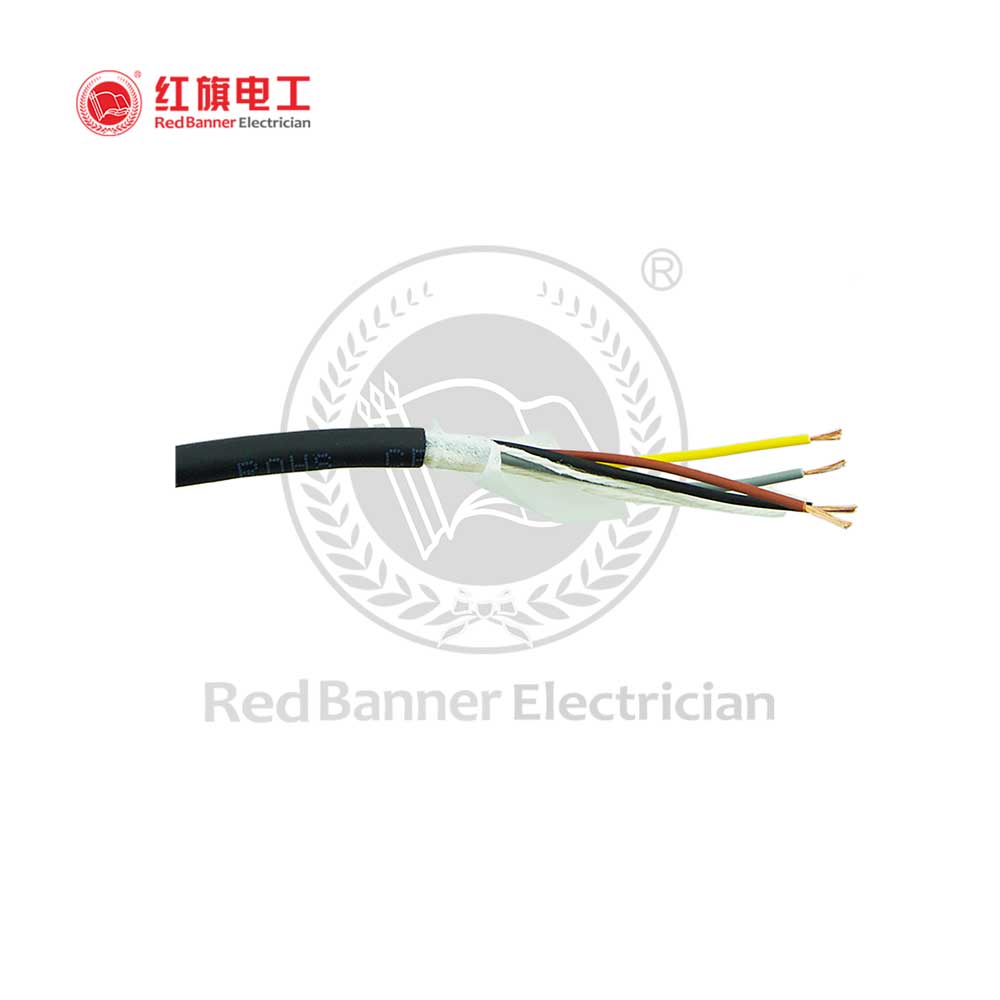


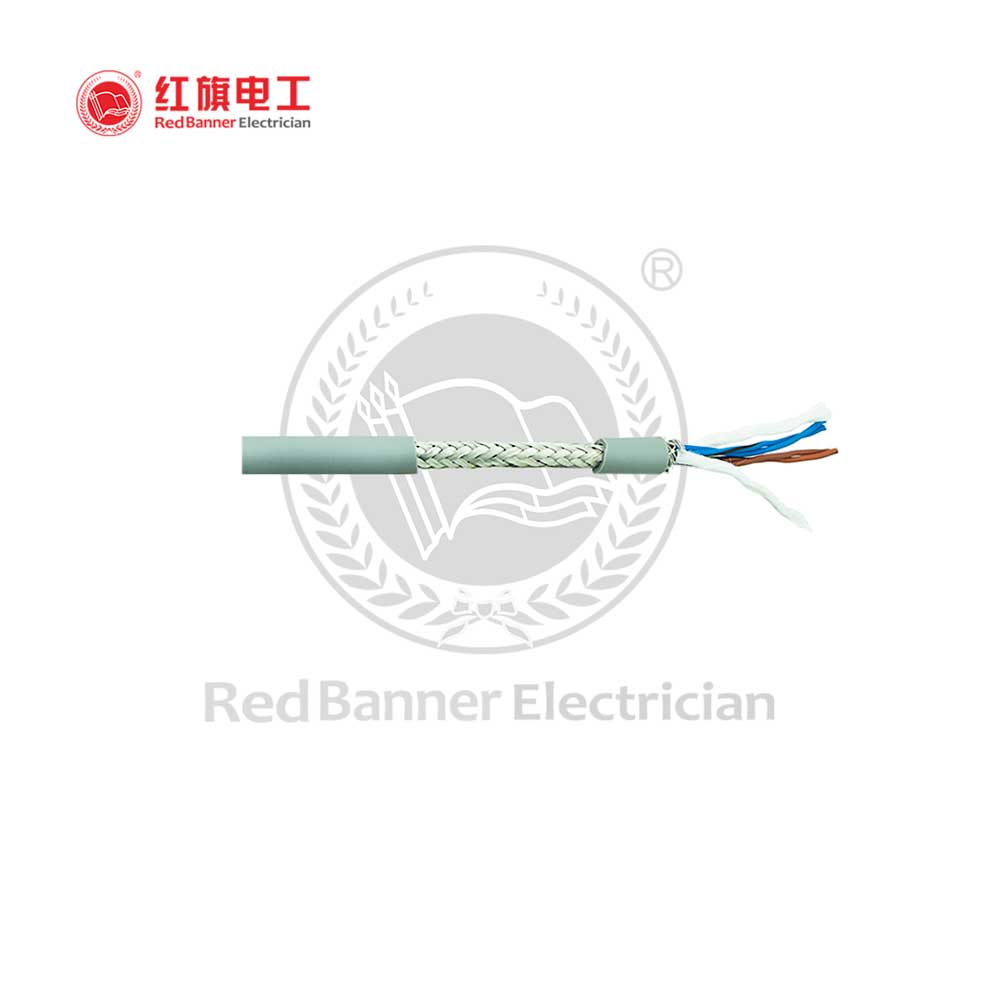

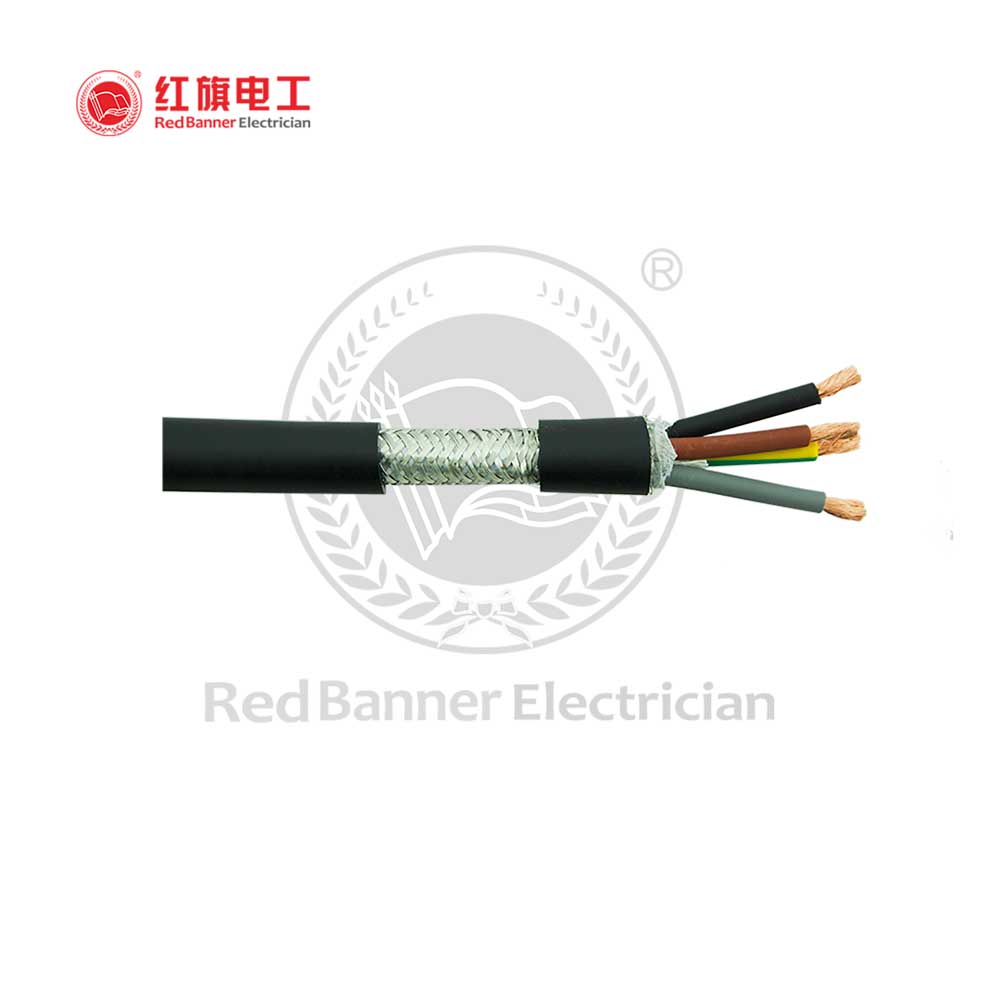

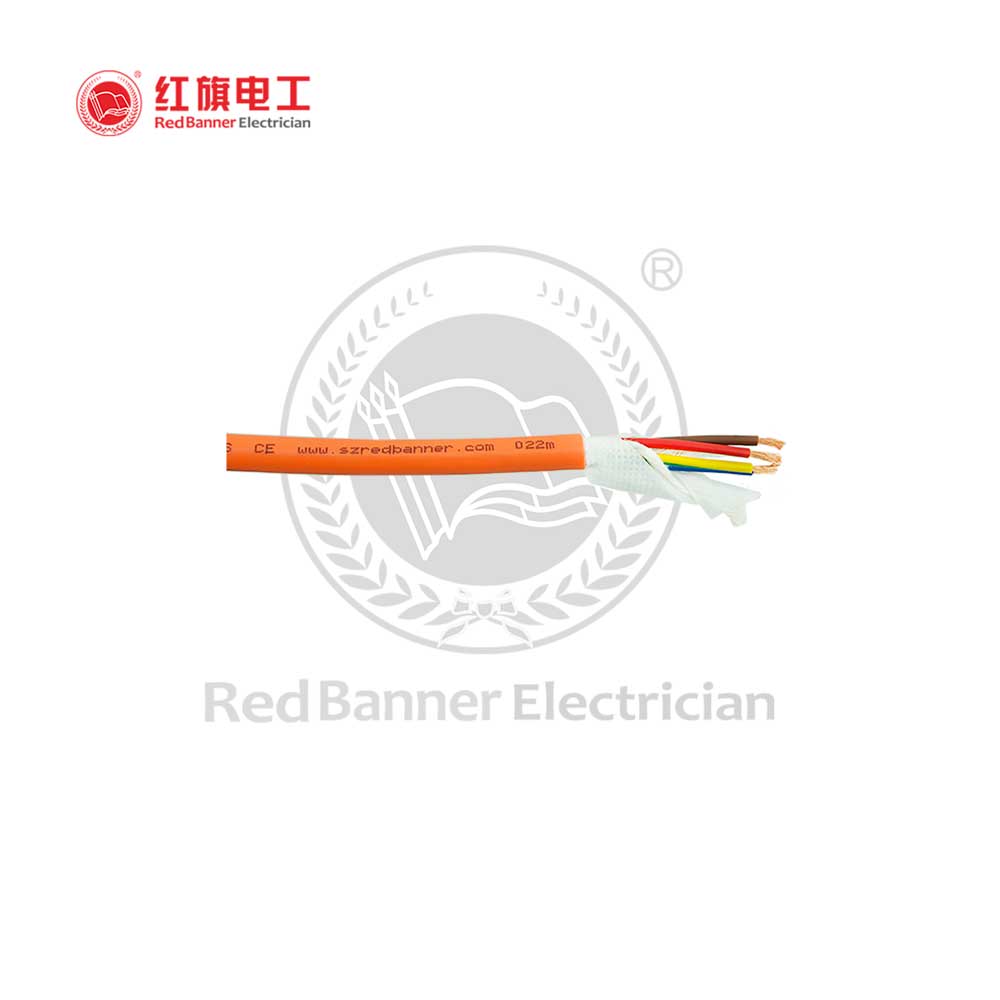
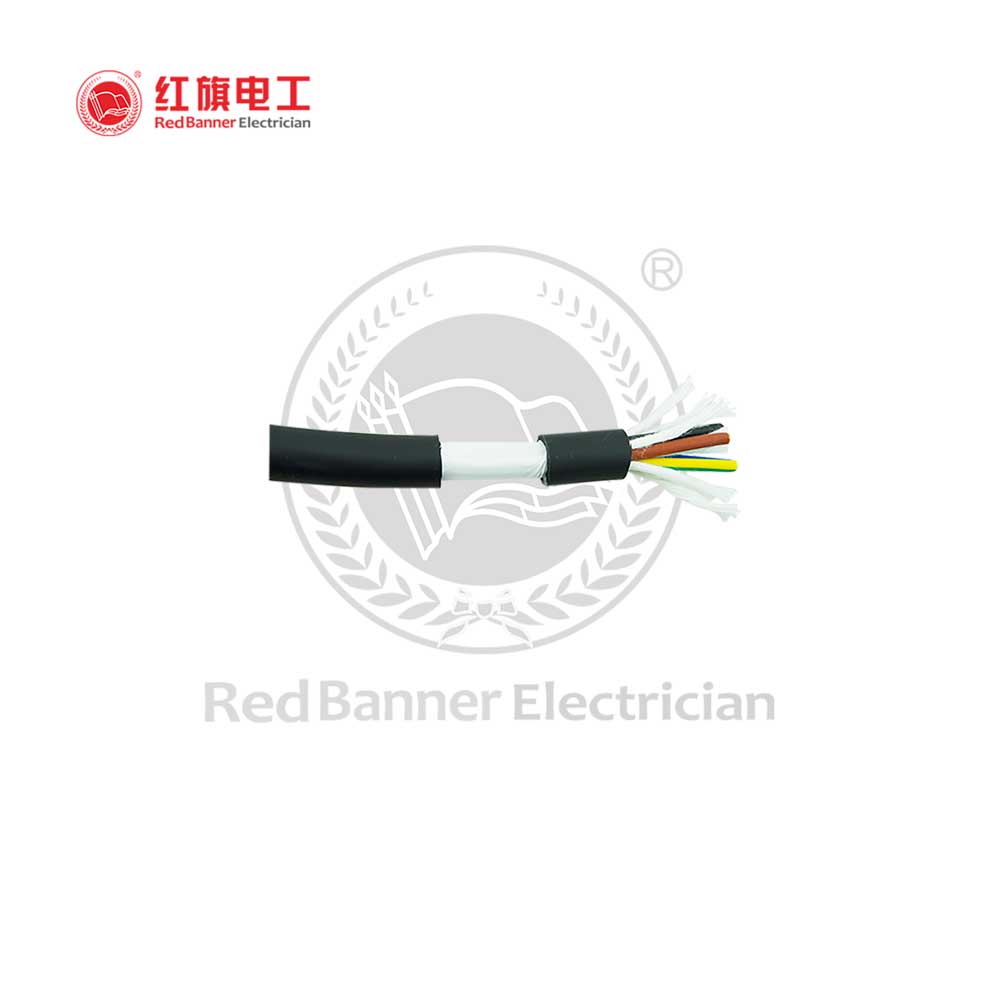

 Tel
Tel
 Email
Email
 Address
Address









